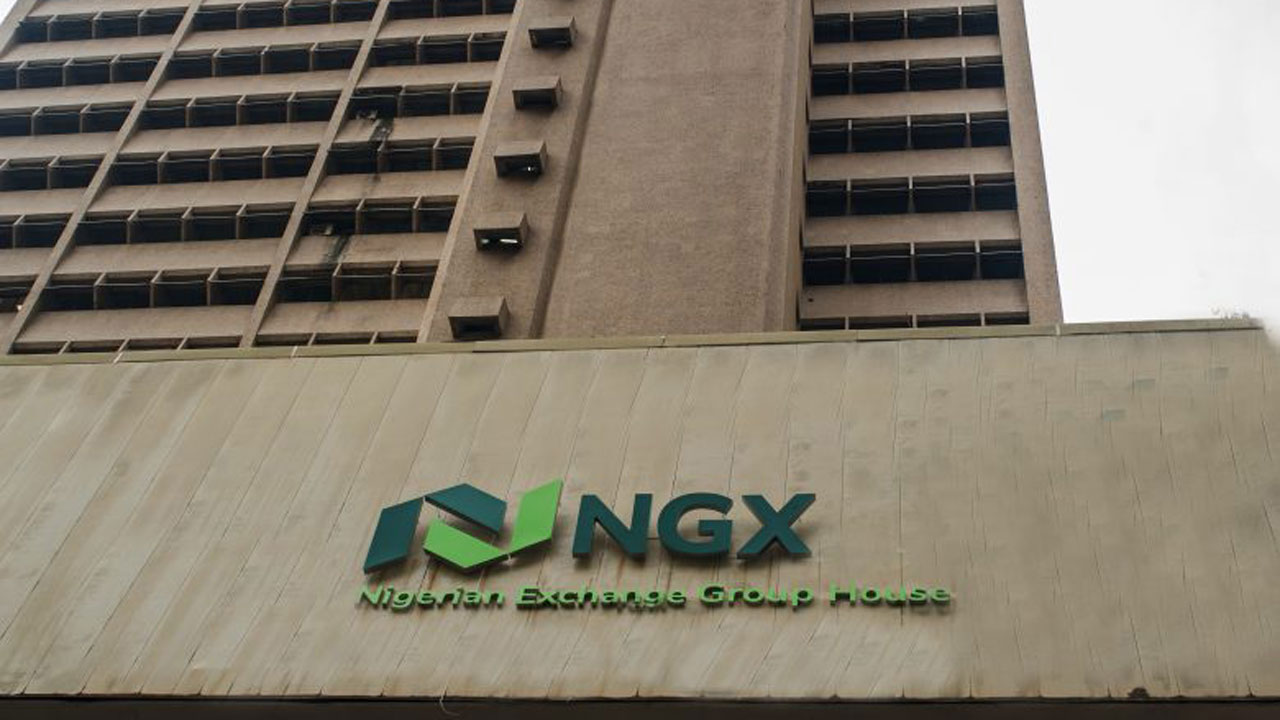Nigeria’s foreign exchange reserves fell by $342.97 million to $36.53 billion in nine days, according to figures from the Central Bank of Nigeria released Sunday.
The fall in the country’s foreign exchange reserves coincides with the recent sale of $876.26 million to meet importer and other user needs via the Retail Dutch Auction System.
It also precedes the Nigerian government’s decision to issue a $500 million domestic dollar bond. Last week, Wale Edun, Minister of Finance and Coordinating Minister of the Economy, stated that the $500 million domestic dollar bond will increase external reserves and help stabilize the country’s foreign exchange situation.
He said, “This historic issuance will provide essential foreign exchange liquidity and boost reserves, which will help stabilise the exchange rate, manage inflation, and eventually lower interest rates. It will also lay the foundation for increased investment by both domestic and foreign direct investors.”
He went on to say that the bond was a deliberate move to direct funding to areas that would drive the country’s economic growth. The government intends to issue a dollar-denominated domestic bond on Monday, hoping to garner $500 million from domestic and overseas investors.
This dollar bond is the first of its kind in the country, with bullet payoff at maturity in US dollars and full principle repayment at the conclusion of the five-year period.
Investors can subscribe with a minimum of $10,000, with further investments in $1,000 increments. This move is expected to attract local and foreign investors and provide much-needed support to the external reserves. As of August 15, 2024, the reserves stood at $36.53 billion, down by approximately 0.93 percent from $36.87 billion recorded on August 7, 2024.
On August 7, 2024, the reserves were recorded at $36.87bn. Over the next few days, the reserves steadily decreased, with August 8 showing a slight dip to $36.84 billion, marking a decline of approximately 0.06 per cent.
By August 9, the reserves had further diminished to $36.83 billion, representing a more modest daily decline of 0.05 per cent. The decline became more pronounced over the following days, with August 12 witnessing a drop to $36.62bn, a decrease of 0.57 per cent from the reserves recorded three days earlier.
This was followed by another decline on August 13, when reserves stood at $36.57bn, reflecting a further 0.14 per cent reduction. By August 14, the reserves had decreased slightly to $36.54bn, showing a minimal drop of 0.02 per cent, highlighting the continued strain on the reserves.
The period culminated on August 15, 2024, with reserves hitting $36.53bn, a total decline of 0.26 per cent from the previous day and marking a cumulative decrease of 0.93 per cent over the nine days.
This persistent decline comes after four months of about $4 billion in growth in the external reserves. It further highlights the struggle faced by Nigeria’s financial authorities in maintaining reserve levels amid ongoing economic pressures, including the need to meet import demands and debt obligations as well as manage liquidity for the naira’s stability.
At last month’s Monetary Policy meeting, the CBN governor announced that the external reserves were $37.05bn but this was confirmed to be inaccurate.
He said at the meeting, “As of July 18, 2024, external reserves stood at US$37.05bn, compared with US$34.70bn as of June 2024. This represents 11 months of import cover for goods and services.”
However, checks showed that the external reserves as of that date were $35.93 billion, $1.12 billion short of the amount announced to the public by the governor.













